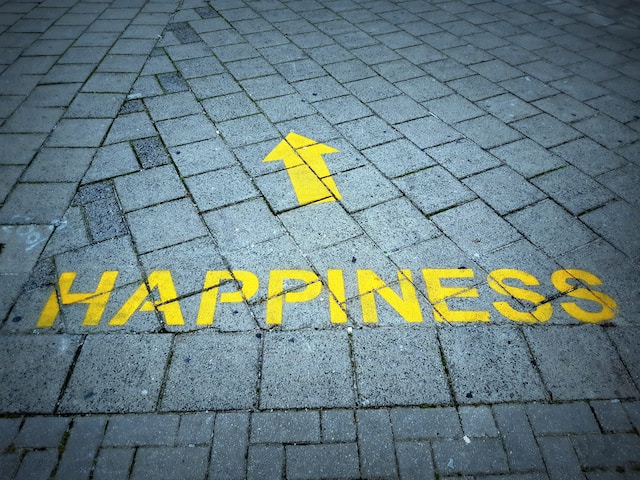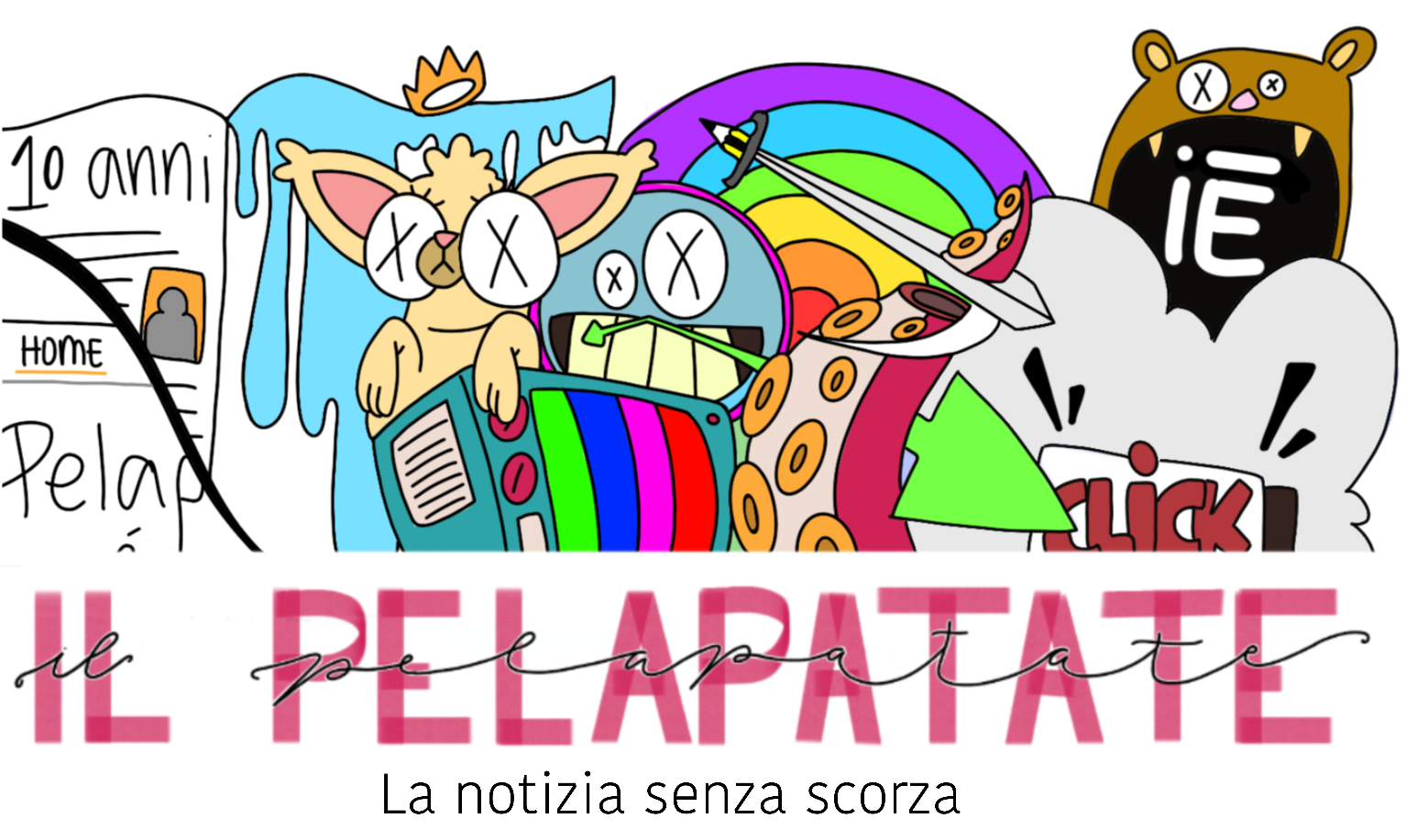Happiness in psychology is a state of well-being that includes living a good life, one with a sense of meaning and deep contentment.
Happiness and “ subjective well-being” are often interchangeable terms, measured by the satisfaction of life, the positive and negative emotions people feel, and their sense of meaning and purpose.
Its perception, however, tends to greatly vary from person to person, depending on several factors as, for instance, their social background, their lifestyle and purposes.
There is a thing called “the science of happiness”, which is exactly what it sounds like. It is all about the science behind what happiness is and how to experience it, what happy people do differently, and what we can do to feel happier. It is a new field of psychology because, in the past decades, psychologists concentrated on the negative aspects, more than on the positive ones.
Thanks to this, there have been recent studies demonstrating that:
– Money can buy happiness only up to 75000$. (Kahneman & Deaton, 2010).
– Trying too hard to find happiness often has the opposite effect and can lead us to be overly selfish (Mauss et al., 2012)
-Happiness makes us better citizens – it is a good predictor of civic engagement in the transition to adulthood (Fang et al., 2018)
So really, what is happiness? How can we realize that we are happy? And does what is true for someone apply to all of us?
There is a young man that in September 2019 decided to travel the world in search of the recipe for happiness.
His name is Giuseppe Bertuccio D’Angelo, a 33-year-old from Messina. He describes himself with an Einstein quote:
“I have no special talent. I am only passionately curious”
He aims to create reports on happiness, in a way no one else has ever made before and to do so he created “Progetto Happiness”.
On September 15th, 2019, he decided to go on a trip all around the world. It should have lasted only one year, but it is continuing to this day.
Every trip is completely different from one other, some of them are humanitarian missions, and others are trips in the desert to find out how Bedouins live, or how people are surviving in Ukraine.
Everything changes in these expeditions, except for one thing: the aim, which is having people answer a question, that simple as it may sound, it is not.

“Does a recipe for happiness exist?”
His answer to this question is that he does not think one really exists, but there are infinite ways to find “our happiness”.
Some of the poorest people on earth seem to be the happiest ones, just because they truly understand the real values of life. They probably do not have much, not a lot of money, none of the newest technology, but sometimes the simplest things in life can make people the happiest.
Just Think of Bhutan. It is considered one of the happiest countries on earth.
“Happiness is the concern of everyone,” said His Eminence Khedrupchen Rinpoche. “Whether or not you acknowledge it, this is the purpose of every human being.”
The Kingdom of Bhutan is known around the globe for its unconventional measure of national development: Gross National Happiness (GNH).
It includes an index that is used to measure the collective happiness and well-being of a population.
Rinpoche said. “I went to the mountains and lived there with very little food, in harsh weather conditions, with no shelter but a cave. It gave me the time to truly imbibe my teachings. What became very clear was that true happiness has nothing to do with external phenomena; it is innate.”
So, all things considered, what is happiness?
We cannot easily answer such a question for it is a very personal and subjective matter, and everyone will have their own experiences and develop different responses.
Only time will tell us. Finding happiness is a journey: everyone takes part in it, and sometimes it feels like a never-ending one, but there is an end, we simply have to be patient.




